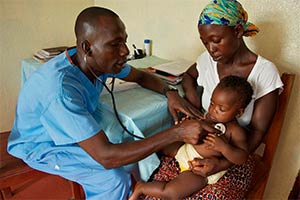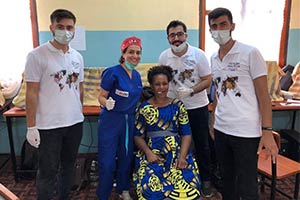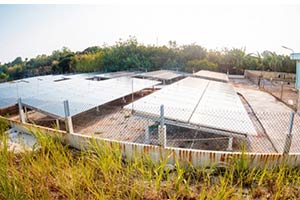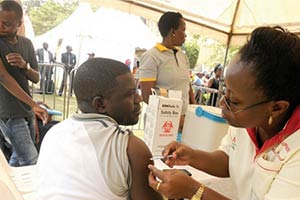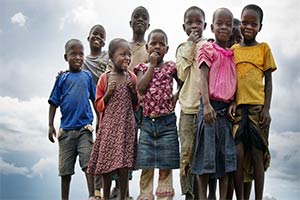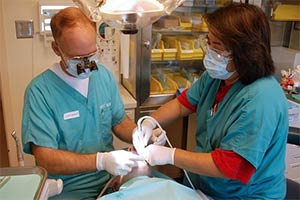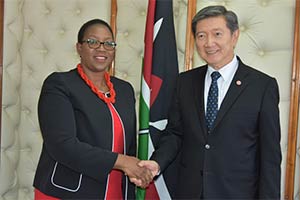Kenya gears towards universal health care as the government through the Ministry of Health is pledged to improving the livelihood of Kenyans through provision of efficient and high- quality health care system.
Speaking during the launch of KHSDI survey report 2018/2022 in Nairobi, the Ministry of Health Director General, Wekesa Masasabi said that for Kenya to make rapid progress towards Universal Health Care (UHC), a health system needs to have skilled human resources, minimum inputs such as drugs, commodities and infrastructure, financing, leadership and governance and health information system.
“We want to make sure that medical equipment is available since most of the population access care at public health facilities,” Masasabi added.
The National Treasury Principal Secretary (PS), Dr. Julius Muia said that government through the vision 2030, has tried to improve the livelihood of Kenyans through sufficient and quality health care which is in line with the constitution of Kenya (2010) which stipulates that every Kenyan has a right to the highest standard of healthcare services.
Muia further called upon the government to boost its investment in human resources for health in provision of clinical guidelines to health workers and diagnostic equipment to health facilities in both public and private hospitals.
The KHSDI report has been prepared in consultation with the government of Kenya under the Ministry of Health.
The SDI heath survey team visited a sample of 3, 094 health facilities across Kenya, with data collection from all the 47 counties remaining the largest to date.

